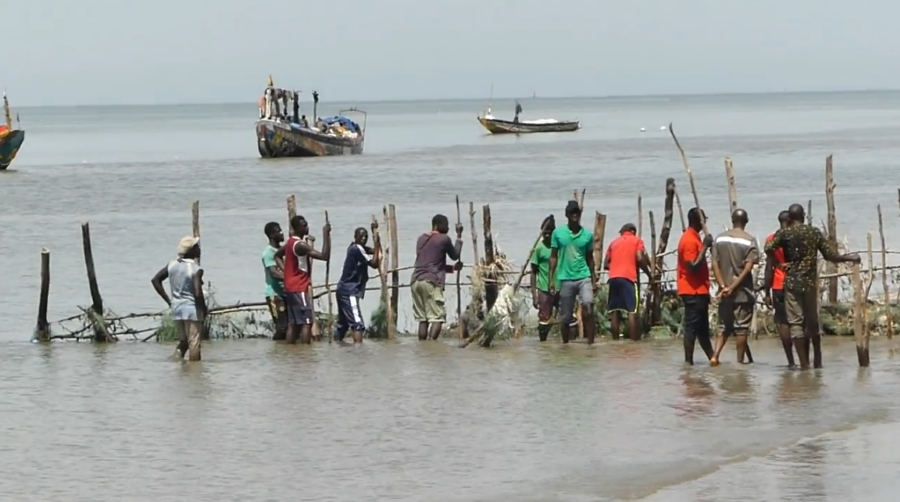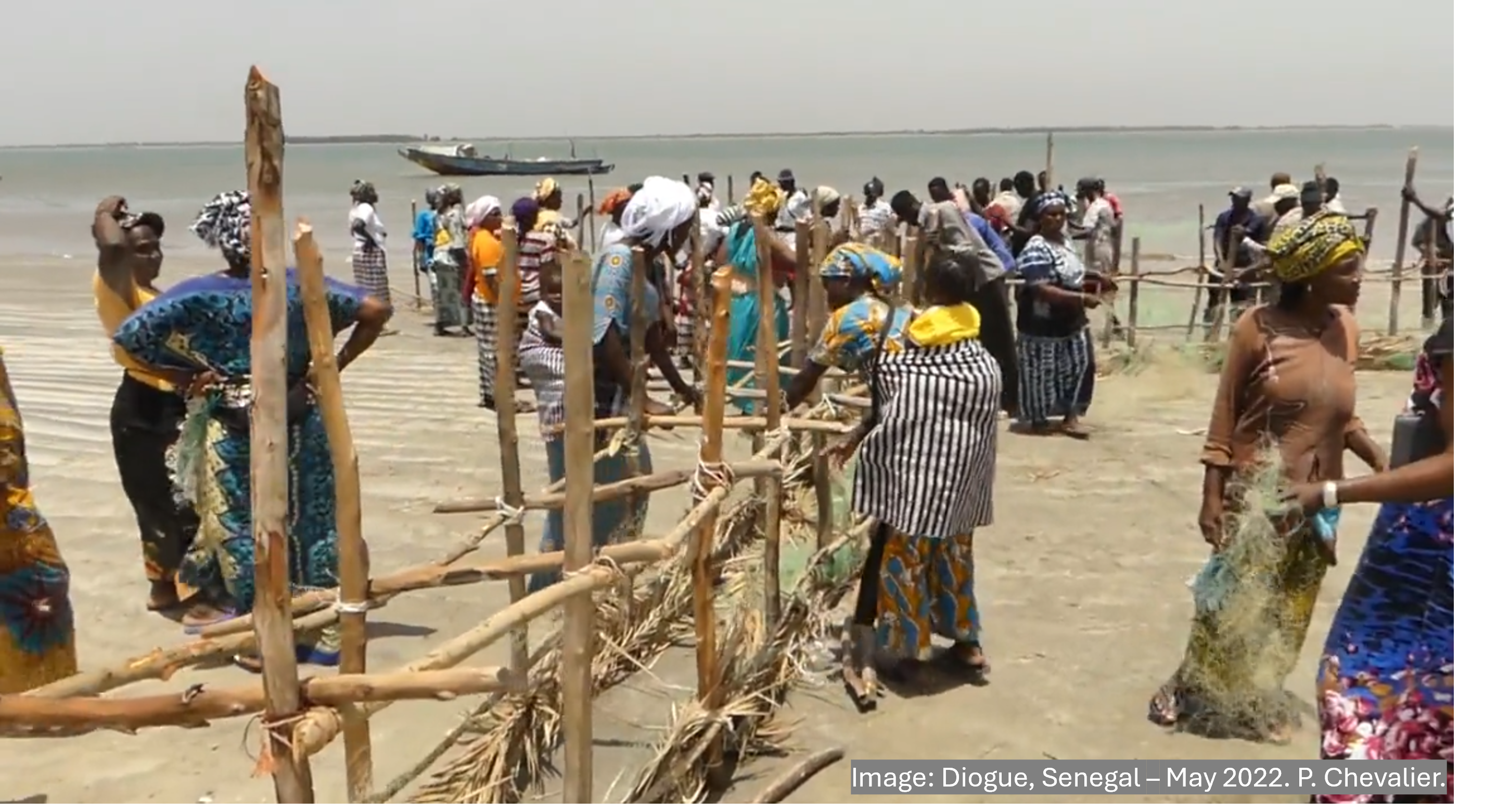News |
Nature-based Solutions as a Path to Coastal Resilience in West Africa: Launching the NbS Inventory and Impact Study
West Africa's coastal regions are vital to millions of people's livelihoods, food security, and prosperity. Still, they are increasingly at risk from erosion, flooding, and the impacts of climate change. The West African Coastal Areas (WACA) Program was established to support countries in tackling these challenges by fostering regional cooperation and leveraging both public and private finance.
A core objective of the WACA Program is to promote innovative, sustainable solutions to coastal degradation, especially those that harness nature's power.
Nature-based solutions (NbS), such as mangrove restoration, dune stabilization, and the restoration of coastal wetlands, offer promising alternatives to traditional "grey" infrastructure like groynes and breakwaters or can complement these methods by working in concert with them while providing co-benefits like improved biodiversity and carbon sequestration. While grey infrastructure has often been the go-to for flood defense and erosion control, it tends to be costly and less adaptable. It can exacerbate erosion in nearby areas as natural coastal dynamics are disrupted. The limitations of such approaches have led the WACA Program to explore NbS as a more resilient, adaptable, and cost-effective solution for protecting coastlines.
In partnership with the Netherlands Enterprise Agency (RVO), the WACA Program launched a study to assess the state and impact of coastal NbS across West Africa. The study aimed to catalog existing projects, evaluate their effectiveness, and identify the challenges preventing wider adoption of NbS in the region. The findings highlight both the potential of these solutions and the critical need to scale them up, offering valuable lessons for policymakers, practitioners, and coastal communities alike.

This study, carried out by the EcoShape consortium—including HKV, Witteveen + Bos, and the Africa Center of Excellence for Coastal Resilience (ACECoR) at the University of Cape Coast—identified 30 coastal NbS projects in the region—just the tip of the iceberg, highlighting the vast potential and ongoing efforts in the field. Several interviews were conducted with practitioners on the different coastal NbS projects to establish lessons learned and identify the impact of NbS on different topics such as biodiversity and livelihood.
A webinar at the study's conclusion highlighted the strong commitment to advancing NbS in West Africa. The keynote speaker, Professor Kwasi Appeaning-Addo from the University of Ghana, emphasized that while progress is being made, there are still many steps required for NbS to become a standard approach for coastal resilience at both national and local levels. The following key takeaways were identified as the way forward for NbS in West Africa:
1. Share knowledge! Share experiences in NbS and bring together local and scientific communities and policymakers.
2. Use a structured and standardized approach. Each project will be different, but applying a standardized approach will make it easier to exchange ideas, adopt NbS, and avoid reinventing the wheel.
3. Apply the six enablers. Make conscious steps in all facets of NbS.
As West Africa continues to confront the growing threats of coastal erosion and climate change, the need for scalable and sustainable solutions has never been more evident. By embracing and expanding nature-based solutions, the region can build resilience, protect vital ecosystems, and secure a sustainable future for coastal communities. Now is the time to turn these innovative approaches into standard practices for long-term coastal protection.
____________________________________________
To view the report, factsheets, and webviewer tool, see the links below:
- Report - Baseline study West African Case Studies for Coastal Nature Based Solutions (rvo.nl)
- Webviewer - Baseline Inventory Study of Coastal Nature-based Solutions in West Africa (arcgis.com)
- Factsheets - NBS Factsheets West Africa (hkv.nl)
The study team welcomes continuing to collaborate with you in the future. Please get in touch with them, so together we can advance the journey to standardize NbS options for coastal resilience:
- Paula Lambregts (EcoShape/HKV) – p.lambregts@hkv.nl
- Tom Wilms (EcoShape/Witteveen+Bos) – tom.wilms@witteveenbos.com
- Donatus Angnuureng (ACECoR) - donatus.angnuureng@ucc.edu.gh
- Carolien Wegman (EcoShape/HKV) – c.wegman@hkv.nl
